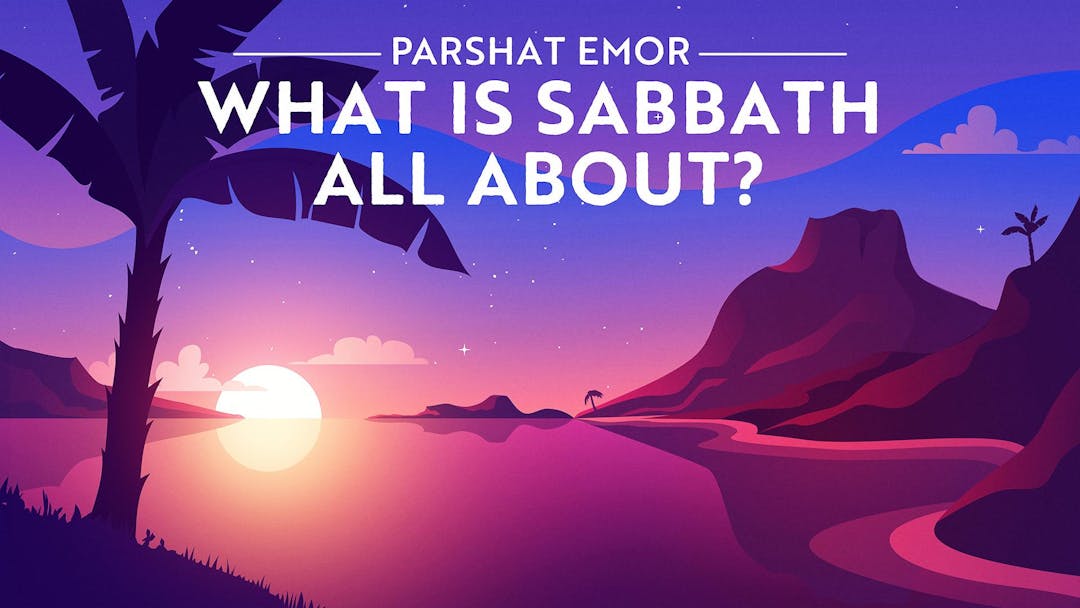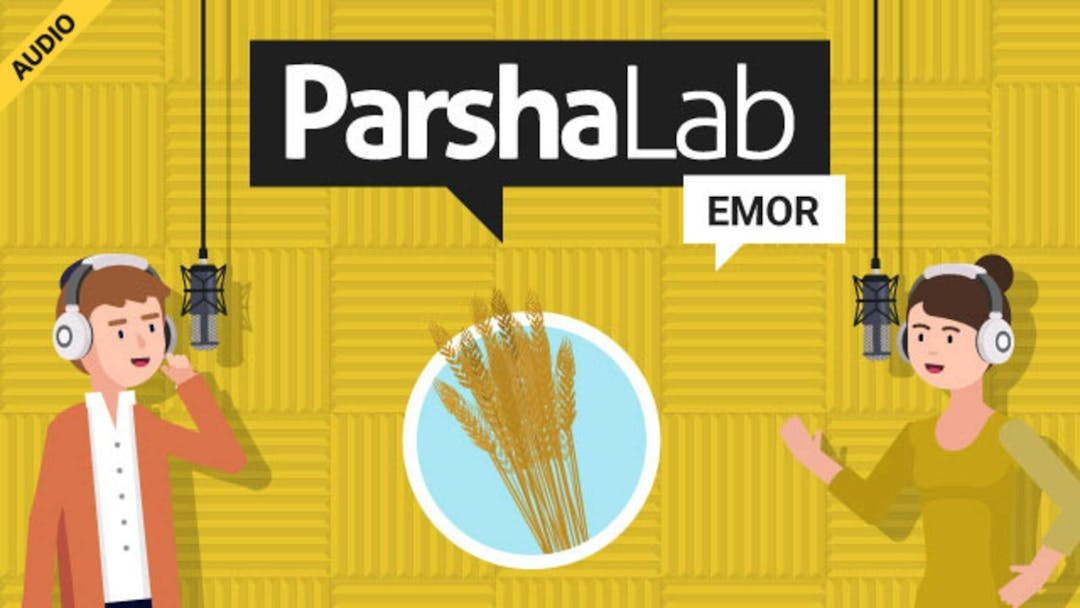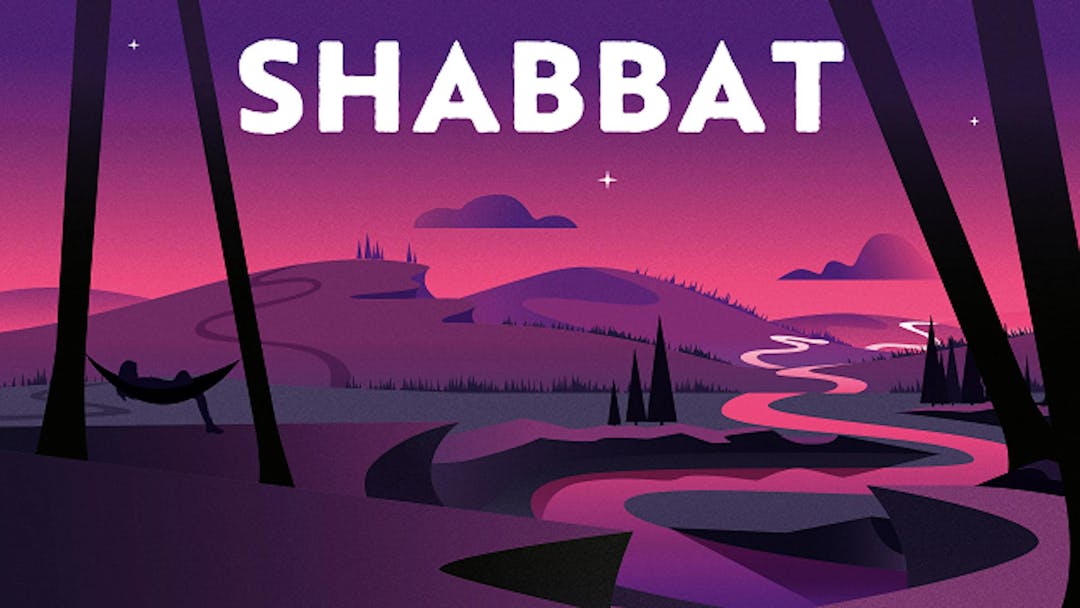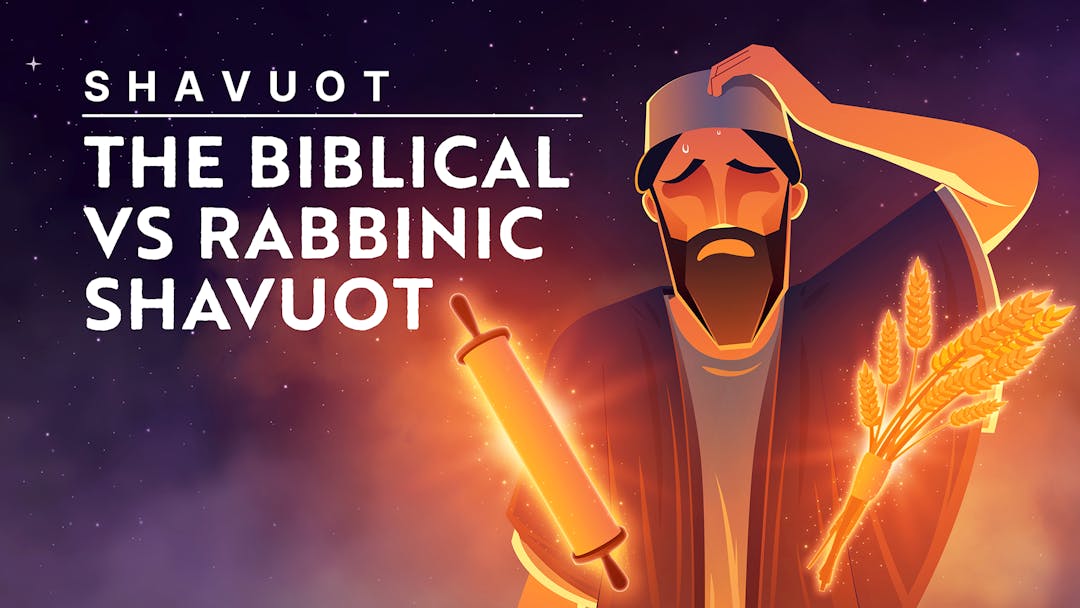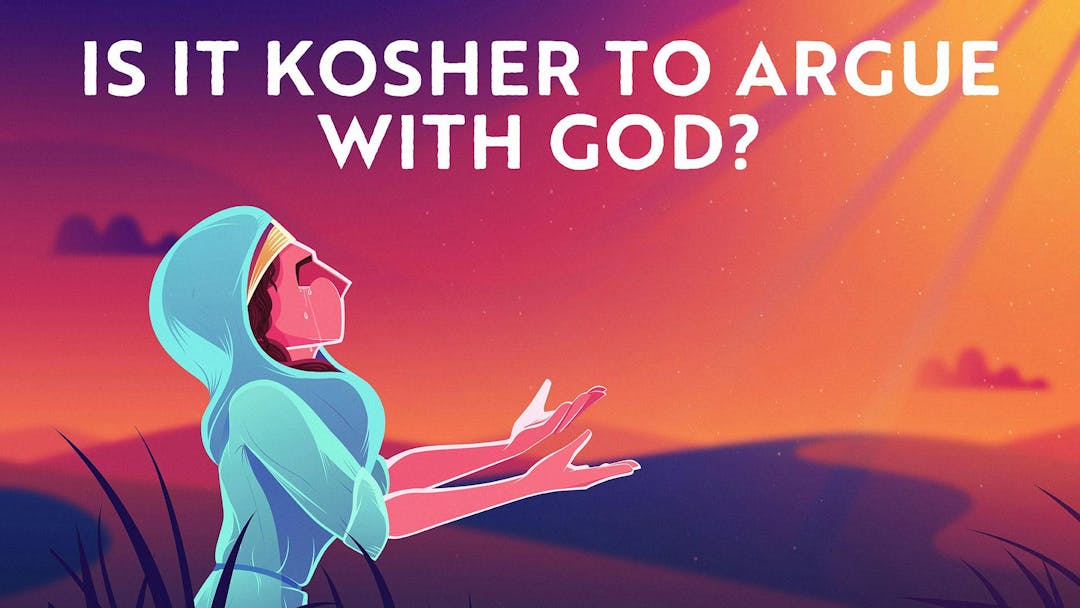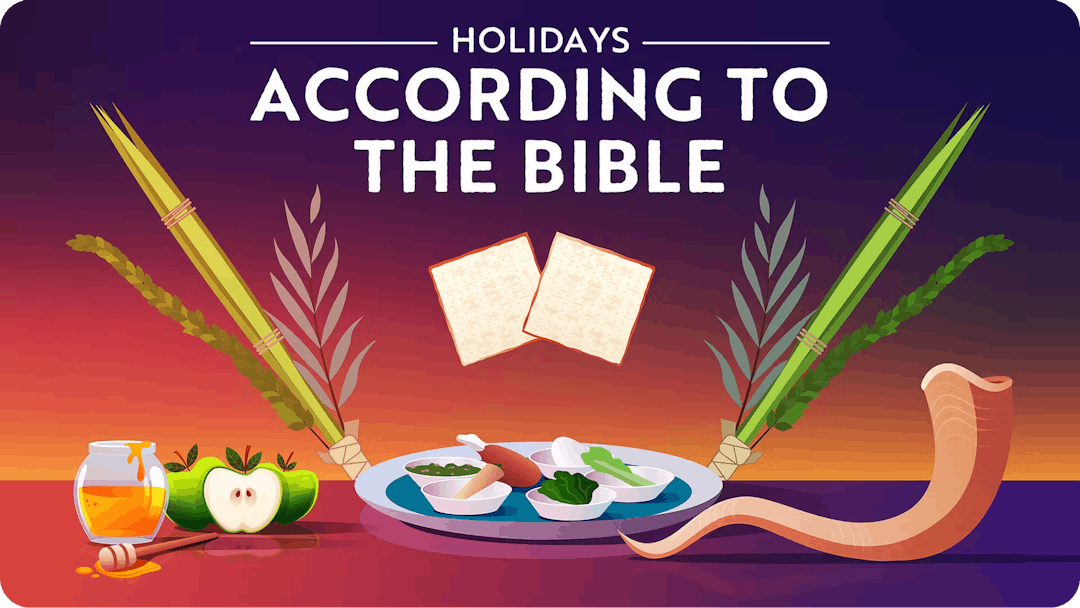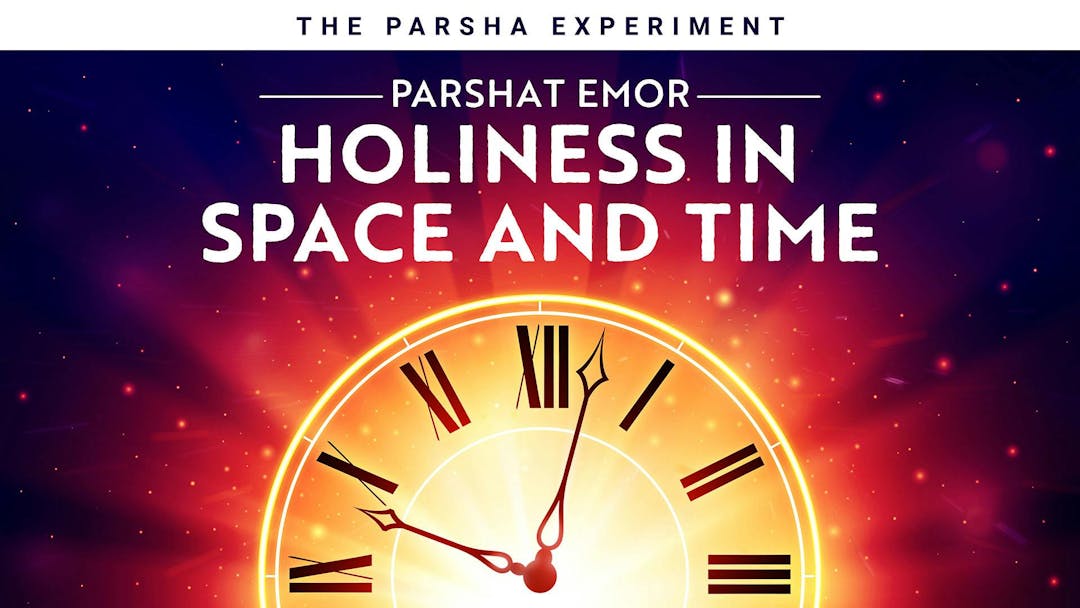Emor is the weekly Torah portion read on May 2, 2026
Parshat Emor: Dvar Torah, Summary, Meaning & Torah Portion
Emor Torah Portion: Leviticus 21:1–24:23
In this parsha, God commands us to observe the major holidays including: Shabbat, Passover, Yom Kippur, Rosh Hashanah, Sukkot, and Shavuot.
Featured Emor Video
Parshat Emor Torah Portion
Parshat Emor Meaning & Summary
Emor Torah Portion: Leviticus 21:1-24:23
The highlight of Parshat Emor is arguably the "Parshat HaMoadim," a discussion of all of the holidays that occur throughout the Jewish year. What do we learn about in this section of the Torah?
After a brief mention of Shabbat, we read about Pesach (Passover) and the mitzvah of eating matzah, about the omer barley offering that is brought on the second day of Pesach, about the waiting of fifty days until the festival of Shavuot and its accompanying offerings, about not harvesting the corners of your field and leaving them for the poor (a law repeated from the prior parsha, Parshat Kedoshim), about blowing the shofar on Rosh Hashanah, about afflicting yourself and attaining atonement on Yom Kippur, and about rejoicing before God on the festival of Sukkot, shaking the lulav plant and dwelling in booths.
In two separate videos, Rabbi Forhman raises some fascinating questions about this list of the festivals, and uses those questions to uncover a theory about what the Jewish festivals all have in common, and what we are reallycelebrating when we observe each one. In his first Emor video, "What is Sabbath All About?", Rabbi Fohrman's wonders why this list of the festivals begins by mentioning Shabbat.
After all, Shabbat is unlike all of the other festivals. It's not a festival at all, really! It occurs every week, whereas the festivals all occur just once a year. Rabbi Fohrman ultimately suggests that there is an essential link between Shabbat and the yearly festivals... because each of the yearly festivals is somehow an expression of "Shabbat." To see what in the world he means by that, check out his video. And if that piqued your interest, be sure to explore his second Emor video, "An Epic Understanding Of The Jewish Holidays." There, Rabbi Fohrman's starting question is: Why do the laws about leaving over the corners of your field for the poor interrupt the discussion of the holidays? It's a law about agriculture, about social justice. It has nothing to do with holidays...right? Unless... we're completely misunderstanding the holidays?? Rabbi Fohrman picks up on the idea that the festivals are "Sabbath-like events" and shows how this actually explains what in the world the agricultural laws are doing here!
Finally, it wouldn't be a summary of Parshat Emor without acknowledging that there are other things that happen in this parsha besides the Parshat HaMoadim, the listing of the festivals... like a discussion of who a kohen(priest) may marry, how he must keep himself pure, which bodily abnormalities disqualify him from practicing as a priest, which bodily abnormalities disqualify an animal from being brought as a sacrifice, a discussion of the lighting of the menorah and arrangement of showbreads in the Mishkan(Tabernacle), and a narrative about the man who was put to death for blaspheming God. Do these sound like a random assortment of laws? Not sure what they have to do with the festivals, if anything? Imu Shalev and David Block ask and answer that question in "Holiness In Space And Time."
Check out the full text of the Parsha here.
Interested in learning more about the upcoming Parshiyot? Check out Aleph Beta’s Parsha pages on Parshat Behar, Parshat Bechukotai & Parshat Bamidbar!
